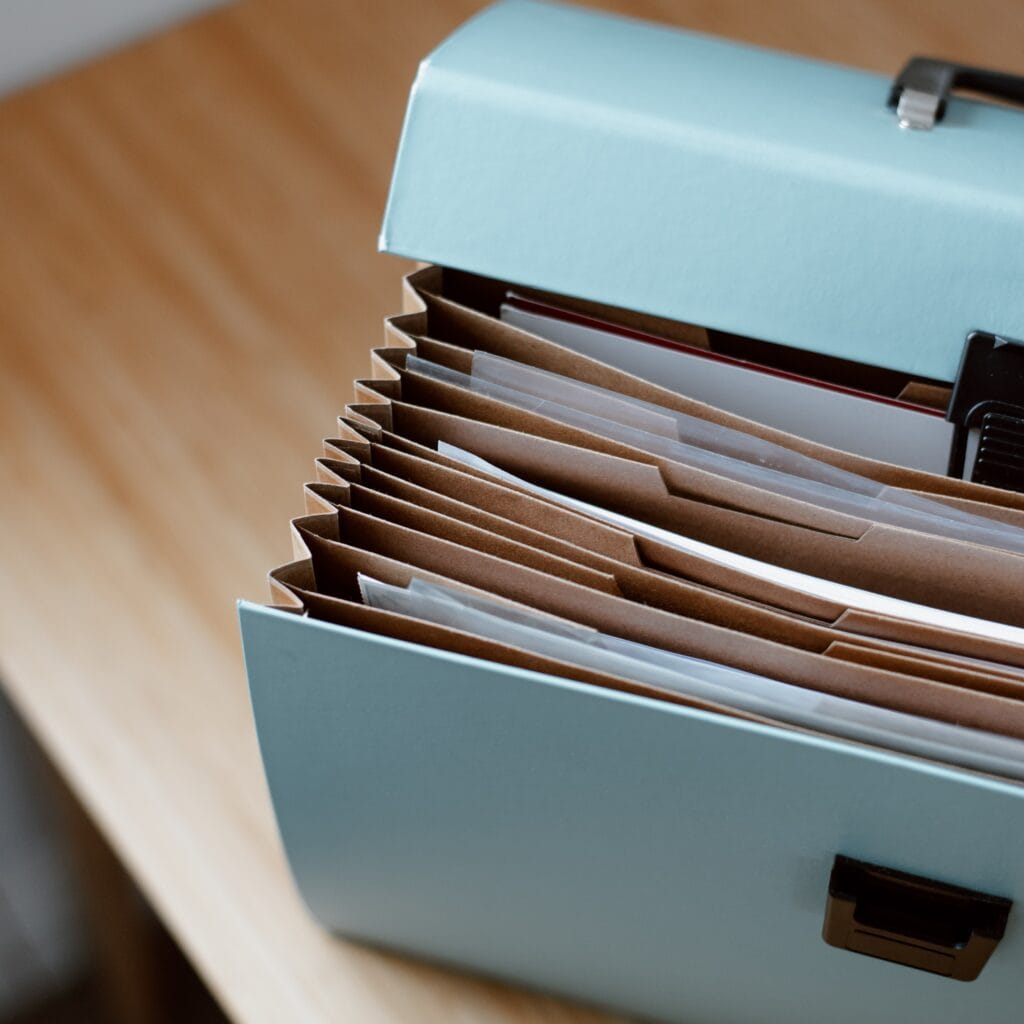There are a number of additional, often seemingly hidden expenditures that buyers should be aware of in knowing how much will it cost to buy property. Real and personal property are common examples of property. In addition, real property also includes fixtures or structures on the land.
Buyers know how much will it cost to buy a property and must be aware of upfront and hidden expenditures. This can add up to $40,000 to the purchasing price of a home. The costs determine the value of the property and its location.
Various state and territorial governments are in charge of costs like:
- Stamp duties
- Transfer Fees
- Local councils that calculate rates
- Banks and lenders that charge varying sums
Generally, how much will it cost to buy properties and how much will it cost to get conveyancers in Australia? In this article, we’ll discuss these questions.

Conveyancing And Legal Fees
Conveyancing is the legal process of gathering and organising the documentation required for the transfer of property from one person to another. A solicitor carries out the conveyancing of a property or the individual buying/selling their property. Buyers and sellers undertakes who wish to find out how much will it cost to sell properties
1. Obtaining Finance
Before proceeding with conveyancing, a buyer must have sufficient funds to cover the cost of the acquisition. This includes stamp duty and any other necessary fees and penalties.
2. Preparing Of Contracts
The vendor’s property solicitor prepares the contract for sale. Selling a property needs a contract.
3. Offers
Potential buyers want to know how much it will cost for a property that is for sale. The following contains a buyer’s criteria in an offer:
- Precise settlement date
- A long cooling-off period
- A “subject to funding”
4. Acceptance
The buyer must be able to accept the offer clearly. This is because the vendor may still be able to sell the property to another buyer who’s interested in how much will it cost until contracts are exchanged.
5. Exchange Of Contracts
Following the vendor’s acceptance of an offer, the buyer must also keep track of the exchange of contracts. The vendor can still sell the property to another buyer if contracts haven’t been exchanged.
6. Cooling Off Period
The buyer has a cooling-off period where they can decide whether or not to proceed with the acquisition. A cooling-off time is usually five days. The cooling-off period can be expanded with the seller’s agreement.
The purchaser’s conveyancing lawyer, in consultation with the purchaser, conducts the following during the cooling-off period:
- That necessary paperwork is included in the contract
- Providing advice on how much will it cost regarding the sale’s terms, including any unique restrictions.
- Negotiates with the vendor’s conveyancer to make amendments to the contract of sale.
- Organises pest, building, and/or strata inspections.
By, or before, this stage, the buyer’s property conveyancing lawyer should be counselling them on:
- How much stamp duty is required to pay?
- If they qualify for a first-time homebuyer grant or any other incentives or concessions.
By this time, the buyer should have received written confirmation from their bank that their loan has been approved. If the buyer decides to cancel the contract during the cooling-off period, they will forfeit 0.25 percent of the deposit.
7. The Contract Becomes Unconditional
On or before 5 p.m. on the day the cooling-off period expires, the purchaser must pay the rest of the deposit. The usual deposit is 10 percent of the total buying price. The parties’ property lawyers can work on other percentages.
The contract becomes unconditional if the buyer pays the remainder of the deposit. If a party breaches a contract after it has become unconditional, there may be repercussions, including:
- The buyer is delaying and fully forfeiting the deposit. If this occurs, the vendor has the right to sue for damages.
- If the vendor fails to fulfil his or her obligations, the buyer might demand specific performance of the contract or sue the seller for damages.
8. Pre-settlement Actions
The purchaser then executes documents such as loans and stamp duties through their conveyancing lawyer. Their conveyancer then orders certificates and prepares adjustments to determine the total amount owed to the vendor at settlement. A pre-settlement inspection then follows.
The vendor on the other hand arranges the discharge of any mortgage on the property.
9. Settlement
42 days after settlement, contracts are exchanged. On the other hand, the parties’ property lawyers can negotiate on different durations. Most contracts include a provision for penalty interest and costs. This can happen if settlement does not occur by the settlement date due to the purchaser’s financial inability to settle.
The majority of transactions are completed online in New South Wales (NSW). This means parties don’t need to attend a settlement meeting. Finally, buyers can move into the property if settlement is complete.
How Much Will It Cost For A Conveyancer: Benefits Of Hiring A Conveyancer
Having a conveyancer walk you through the process from the start can be very beneficial. Your conveyancer can advise you on the contract and explain any terms that you are unfamiliar with. A conveyancer can also walk you through the process of knowing how much will it cost in purchasing or selling a home. They can also provide a step by step guide and help you troubleshoot issues as they arise.
Your conveyancer is responsible for a number of steps in addition to the crucial exchange of contracts and settlement in buying a property, including:
- Sourcing Title Certificates of the property;
- Reviewing vendor statements of the property;
- Liaising with local councils;
- Possibly organising building and pest inspections;
- How much will it cost for council rates and water bills;

JB Solicitors’ Conveyancing Experts
A conveyancer’s expertise is limited to property law, but a solicitor can assist you with a wide range of legal concerns in addition to conveyancing. At JB Solicitors, our property and conveyancing experts can aid you in knowing how much will it cost for the overall expenses for your property needs.
Our fixed fees also help you know how much it will cost for our services whenever you are dealing with legal matters.
Contact JB Solicitors today for your property and conveyancing needs
